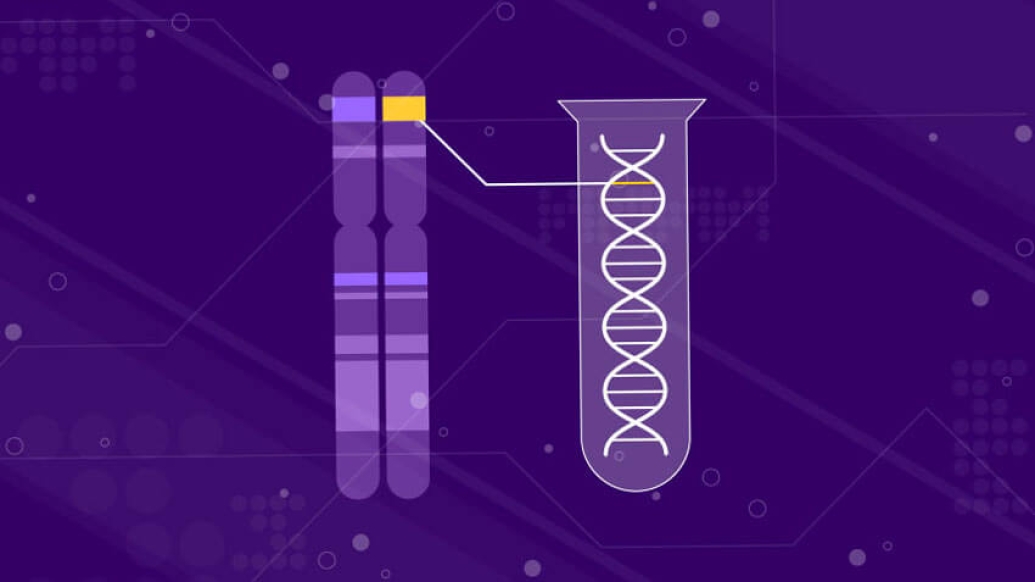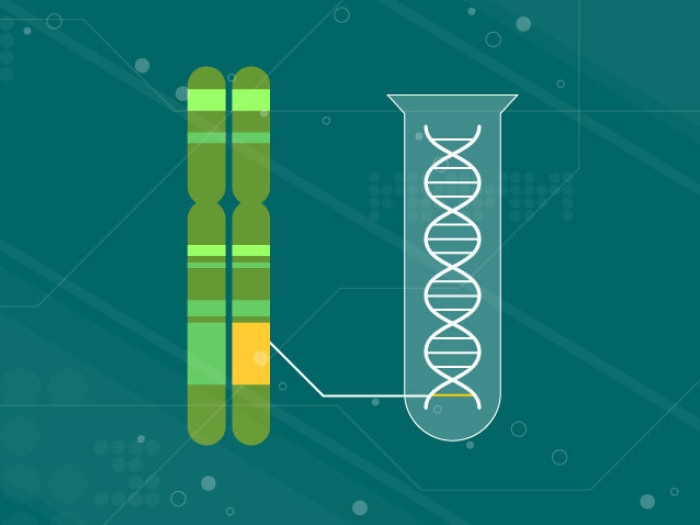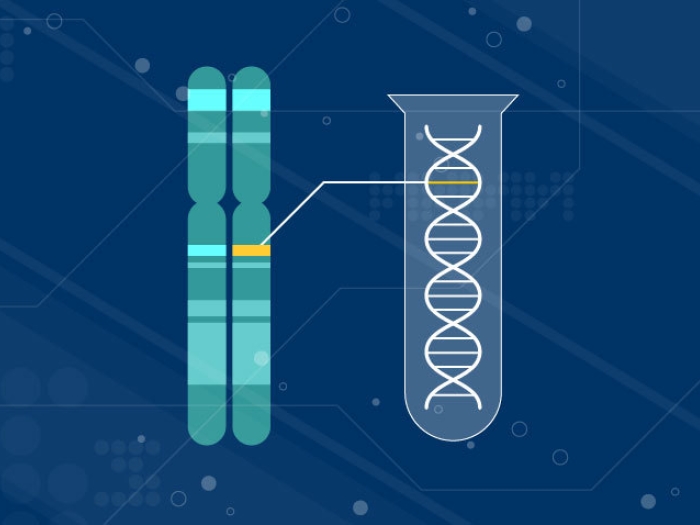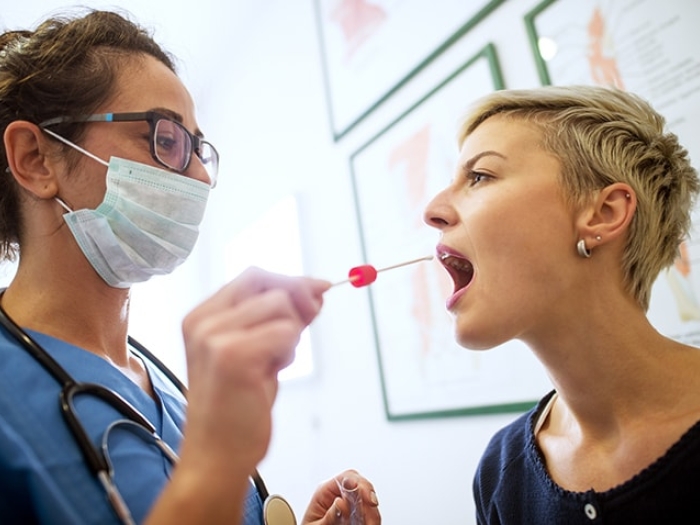A genetic counselor discusses decision-making for people who carry BRCA1 and BRCA2 mutations
12:00 PM
Author |

This article is the final piece of a three-part conversation on BRCA1 and BRCA2 gene mutations. Read "BRCA1 and BRCA2 Gene Mutations: I Know I Have Cancer, What Good is Testing?" and "BRCA1 and BRCA2 Gene Mutations: The Basics".
Genetic testing and counseling services can determine whether a person carries BRCA1 and BRCA2 gene mutations and, if they do, how the information could help inform cancer prevention or treatment decisions.
In the third of a three-part conversation, Kara Milliron, a genetic counselor at the University of Michigan Rogel Cancer Center's Breast and Ovarian Cancer Risk Evaluation Clinic, discusses some of the options patients have if genetic testing shows they carry a BRCA1 or BRCA2 mutation.
LISTEN UP: Add the new Michigan Medicine News Break to your Alexa-enabled device, or subscribe to our daily updates on iTunes, Google Play and Stitcher.
The decisions that individuals and families make after receiving the results of genetic testing are very personal, Milliron says.
"The number one thing that we try to share with patients when they come for an appointment is that there's no right or wrong answer," she says.
The number one thing that we try to share with patients when they come for an appointment is that there's no right or wrong answer.Kara Milliron
If a patient learns that they do carry a mutation in their BRCA1 or BRCA2 genes, a genetic counselor can discuss potential options with them.
A common option for women is to undergo increased screening, including getting a breast exam from a health care provider every six months, and also a yearly mammogram and breast MRI.
There are also medications that people with BRCA gene mutations can take to reduce the risk of developing breast cancer, she says.
"Doctors call these medications 'chemoprevention,' but that makes it sound like chemotherapy, which it's not," Milliron says. "It is a medication that you do take for several years, and I think it's really important to have that discussion about the pros and cons and what to expect with a specialized health care provider. Women have to be at least age 35 and finished with family planning before they can consider taking a medication to reduce the risk of developing breast cancer because there is a risk of causing birth defects."
The medication that is usually given to premenopausal women is called tamoxifen, and studies point to more clear benefit for women with BRCA2 mutations. There are additional, related medications that are usually prescribed to postmenopausal women if tamoxifen is not a good option for those women.
MORE FROM MICHIGAN: Sign up for our weekly newsletter
Some women chose to have both breasts removed — a prophylactic/risk reducing bilateral mastectomy — which has been shown to reduce the risk of developing breast cancer by about 90% to 95%, Milliron notes.
"This is obviously a very, very personal choice," Milliron says. "If you look at the statistics of the women who choose increased screening with mammogram and breast MRI, and the women who choose risk reducing or prophylactic bilateral mastectomy, there is no difference in the chance of passing away from breast cancer between those two groups. So that is something that I think is very important for patients to know and to understand."
These decisions can be influenced by watching family or friends go through cancer treatment, as can family dynamics as well as cultural and religious considerations, she adds.
Ovarian cancer is a different story than breast cancer, however.
"I've been a genetic counselor for 22 years, and that is the only thing that has not yet changed about my job is that we still do not have a screening tool for ovarian cancer that works," Milliron says. "So for a woman who has a BRCA1 gene mutation, we usually talk about having the ovaries and the fallopian tubes removed between 35 and 40. And then for a woman who has a BRCA2 gene mutation, we usually talk about having them removed between 45 and 50."
While the statistics vary slightly between studies, research shows this surgery can reduce the risk of developing ovarian cancer and fallopian tube cancer by 80 to 95%.
Birth control pills are also a potential option for women with these mutations to reduce their risk of developing ovarian cancer.
"That may influence their breast cancer risk, however, so that's a conversation that we have to have," Milliron adds.
Men who carry a BRCA1 or BRCA2 gene mutation, are at increased risk for prostate cancer. And these can be more aggressive and develop at younger ages. For them increased screening starting about age 40 to 45 is recommended, including prostate-specific antigen, commonly referred to as PSA, testing and a digital rectal exam yearly.
"The Rogel Cancer Center is very lucky to have a prostate cancer risk assessment clinic," Milliron says. "So many times men are somewhat forgotten in the BRCA1, BRCA2 picture."
You can learn more about cancer genetics on the Rogel Cancer Center's website.

Explore a variety of healthcare news & stories by visiting the Health Lab home page for more articles.

Department of Communication at Michigan Medicine
Want top health & research news weekly? Sign up for Health Lab’s newsletters today!





